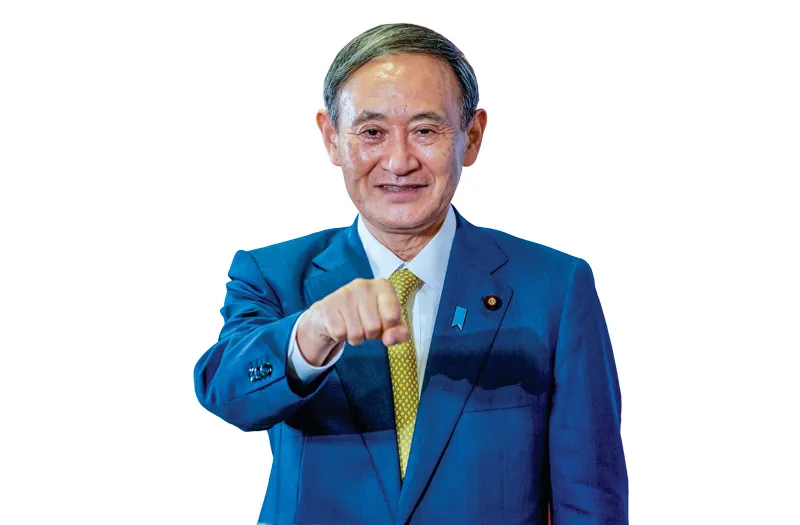
Some Japanese retail companies, such as Uniqlo and Muji, are looking to expand their operations even further in Vietnam. In October, Japan's largest pharmaceutical and cosmetic chain, Matsumoto Kiyoshi, opened its first store in Ho Chi Minh City. Japan's largest retail chain AEON also considers Vietnam a key market and plans to have 25 commercial centers in the country by 2025, with investment of upto USD 2 bn. Nishitohge Yasuo, CEO of AEON Vietnam, said that Vietnam has the advantage of a high GDP growth rate and a large population with a fast growing income.
Data from Goldman Sachs shows that Vietnam has a competitive labor force with minimum wages in Hanoi and Ho Chi Minh City being USD 190 per month, compared to USD 360 in Shanghai in China. Some free trade agreements that Vietnam has recently signed will also help Vietnam in avoiding rising protectionism in the world. This will allow Vietnam to become an attractive safe haven for multinational companies. Vietnam’s shared border with China is also an added advantage.
This is the reason why more and more Japanese companies are setting up operations in Vietnam. Currently, Japan has 4,600 direct investment projects in Vietnam, with a total registered capital of nearly USD 60 bn, ranking second after South Korea. Last year, a report by Japan External Trade Organization (JETRO) stated that 66% of Japanese enterprises are making good profits in Vietnam, and 64% of the Japanese enterprises plan to expand their presence in the country even further in coming years.
Vietnamese businesses also consider Japan a potential market. Mr. Vu Ba Phu, Director General of Vietnam Trade Promotion Agency in the Ministry of Industry and Trade, said that the two countries have a trade relationship because Japan has high demand for Vietnamese export products such as agricultural goods, seafood, apparel and footwear, while Vietnam is in need of high-tech goods from Japan.
During Japanese Prime Minister Suga’s official visit to Vietnam, he emphasized on his intention to strengthen economic ties with Vietnam by signing twelve agreements to promote economic, environmental, infrastructure, health, agriculture, and energy projects. The two countries have agreed to also restart air flights in the near future so that business executives and skilled workers can travel without a 14-day quarantine period, provided they follow strict Covid-19 preventive measures.




















